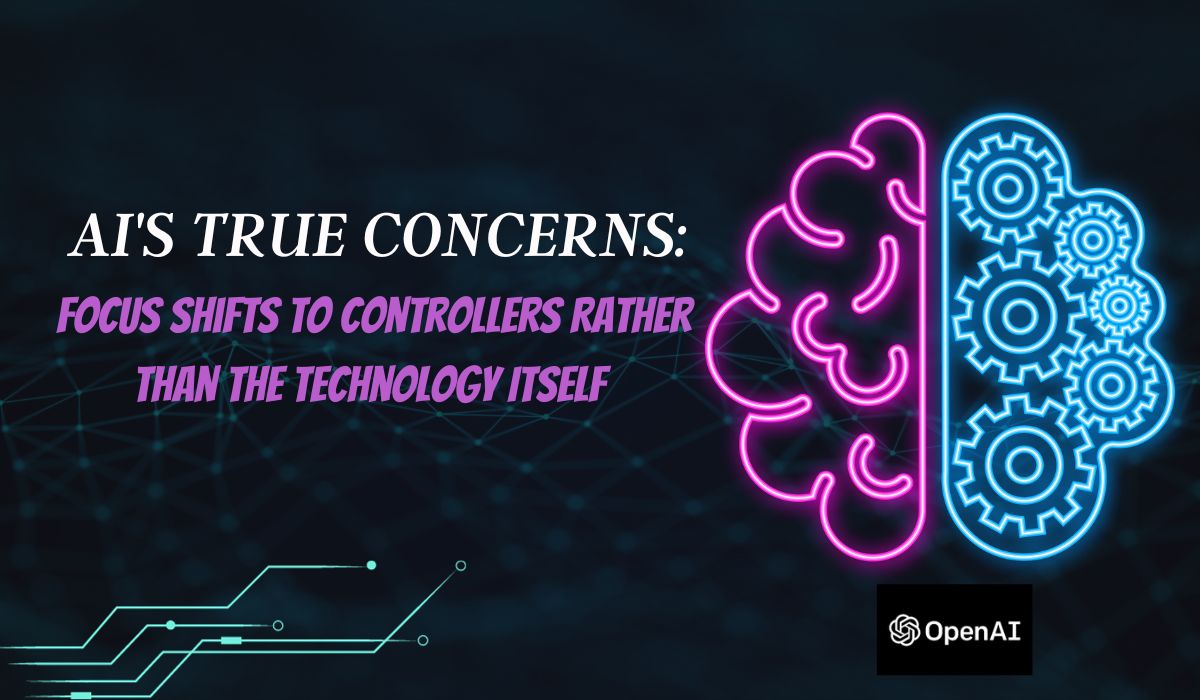
In a week of boardroom chaos and executive reshuffling at OpenAI, the tech company finds itself under global scrutiny, emphasizing the need for responsible control over artificial intelligence (AI). The saga surrounding the dismissal and subsequent rehiring of CEO Sam Altman has captured international attention, with observers questioning the competence of the board and highlighting the clash of egos within the organization.
OpenAI, renowned for its flagship product ChatGPT, stands at the intersection of contradictory narratives within the tech industry. The tension between portraying tech entrepreneurs as revolutionary "disruptors" and their dominion over a multibillion-dollar industry that shapes society's trajectory underscores the broader contradictions in the sector. Moreover, the debate over AI oscillates between its potential to revolutionize human life and the fear that it could pose an existential threat to humanity.
Founded in 2015 as a non-profit charitable trust with a mission to develop ethical artificial general intelligence (AGI), OpenAI later established a for-profit subsidiary in 2019 to attract additional investment, securing over $11 billion from Microsoft. This move institutionalized the conflict between profit-seeking motives and apocalyptic concerns about the consequences of AI advancements. The remarkable success of ChatGPT has further intensified this internal struggle.
The recent upheaval within OpenAI has roots in the broader anxiety surrounding the rapid pace of AI development. In 2021, a group of researchers left OpenAI to create Anthropic, expressing concerns about the potential dangers of AI, including a 20% chance of a rogue AI causing harm within the next decade. This apprehension appears to have fueled the attempt to remove Altman from his position.
While some may question the psychology of creating machines believed to have the potential to extinguish human life, it is essential to recognize that exaggerated fears about AI also pose risks. The alarm often stems from an inflated perception of AI capabilities, with ChatGPT excelling at predicting words in a sequence but lacking true comprehension of meanings or real-world understanding. The dream of achieving artificial general intelligence remains distant, as suggested by experts like Grady Booch from IBM.
In Silicon Valley, proponents of imminent AGI advocate for "alignment," ensuring that AI aligns with human values and intent. However, defining "human values" proves challenging, especially amid ongoing debates about social values, technology's role in society, and the regulation of online spaces. The issue of disinformation further complicates the landscape, with attempts to regulate often granting more power to tech companies.
Algorithmic bias highlights the limitations of the "alignment" argument, as AI programs trained on biased human data perpetuate discrimination in various fields, from criminal justice to healthcare and recruitment. The real concern, however, lies in the current societal imbalance of power, where a few wield influence to the detriment of the majority, and technology serves as a tool to consolidate and perpetuate that power.
The OpenAI saga underscores the necessity of responsible AI oversight, emphasizing that the potential harm of AI arises not from the technology itself but from its exploitation by humans, particularly those in positions of power. Discussions about AI should start from this perspective rather than succumbing to unfounded fears of extinction.